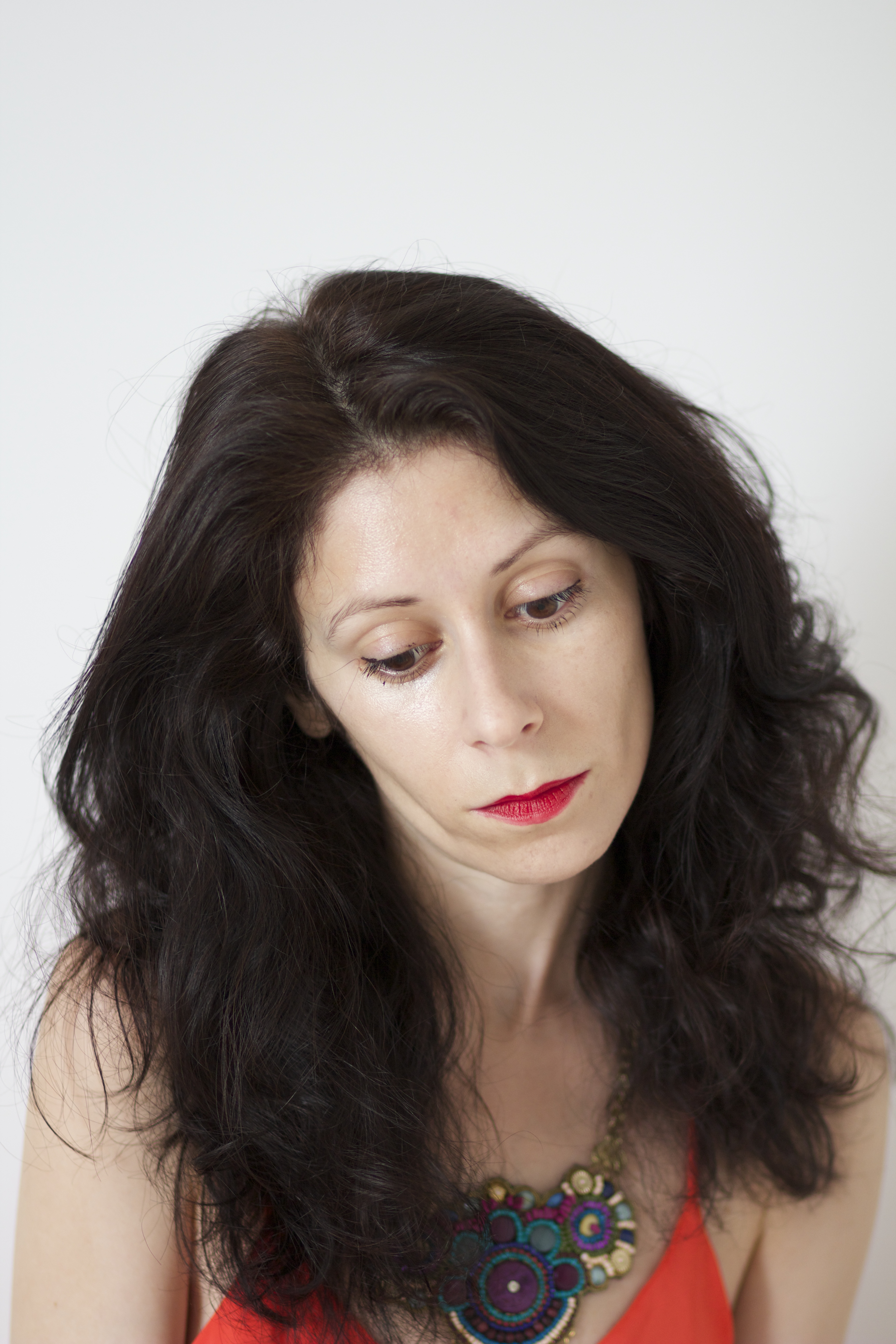ISSN: 1941-4137
POETRY THAT ENACTS THE ARTISTIC AND CREATIVE PURITY OF GLASS
POETRY THAT ENACTS THE ARTISTIC AND CREATIVE PURITY OF GLASS

Born to a Mexican mother and Jewish father, Rosebud Ben-Oni is a recipient of the 2014 NYFA Fellowship in Poetry and a CantoMundo Fellow. She was a Rackham Merit Fellow at the University of Michigan, a Horace Goldsmith Scholar at the Hebrew University of Jerusalem and a graduate of the Women's Work Lab at New Perspectives Theater in NYC. She is the author of SOLECISM (Virtual Artists Collective, 2013), turn around BRXGHT XYXS (forthcoming from Agape Editions), a contributor to The Conversant and an Editorial Advisor for VIDA: Women in Literary Arts.
Her work appears or is forthcoming in POETRY, The American Poetry Review, TriQuarterly, Prairie Schooner, Arts & Letters, The Journal, among others. She writes weekly for The Kenyon Review blog, and recently joined the Creative Writing faculty at UCLA Extension's Writers' Program. She lives in New York City with her husband.
Also by Rosebud Ben-Oni:
SOLECISM
Matarose Tags G-Dragon on the 7
Axolotls Do It Better, So Now I Am An Axolotl
Editor's Note
In New York City this year, it's as if autumn continues to begin only to reset to late summer temperatures: one October day we are bundled in layers, our faces slightly pricked by the crisp air, and the next day, we are bare-legged and short-sleeved, peeling our clothes away from our bodies on un-air-conditioned subway cars. Reggie Ugwu in The New York Times calls this "Hotumn," and suggests that perhaps it is the new fifth season, which the National Weather Service has "cautioned against attributing the balmy atmosphere to a new norm connected with climate change."
And yet I'm not sure how we can ignore the human impact on global warming. The idea for this special issue with Glass Poetry Press came to me, as I'd written originally in the call for submissions, after reading many a study on how life in the Arctic is at a perilous crossroads: "Some Arctic waters are already becoming dead zones bereft of oxygen. Lakes are collapsing as permafrost beneath them melts." And that while the president recently vowed to go after NASA's climate researchers as they continue to publish and share their findings, the current U.S. administration has also commandeered and maligned words like ICE (which was originally formed back in 2003) and VOICE.
It is these two words in particular — "ice" and "voice" — that the poets here in Tundras are taking back, illuminating their multitudes, liberating them from the administration's xenophobic rhetoric, as Sam Pittman tells us, "Freezing doesn't mean we have to suffer,' in his poem "Mostly Water." And in taking back our language from hate, we should also remain ever vigilant as Claire Wahmanholm warns in "The Last Animals" that "All the last things had the same smell — a solvent, a sulfur we could taste on the air — which is how we always knew to pay attention." And Vivian Faith Prescott gives us a poem filled with meanings on "Ukiuq — Become Winter," sharing the South Sámi tjalhvaldahkesne as "for a dog to be full of icicles."
Not all "tundras" in Tundras are physical landscapes of permafrost, of course, as I wanted a freer interpretation to the theme. Tara Betts takes us back to memories of Chicago in "High Fidelity" where "you ate food built/ to insulate you from the hawk, air talons that cut / your face, how the el over Damen makes / cameos in the background." Lupe Mendez shares that he is "maybe a father" after enduring Hurricane Harvey in Houston, Texas in his poem "Cryogenic Kids":
At the local fertility clinic,
I wonder if my family is ok.
I cannot protect them. I
cannot swim to them, hoist
them up on my shoulder.
This rain won't cease.
It is with great pleasure I present to you Tundras. Special thanks to editor-in-chief Anthony Frame and the Glass team for working with me and sharing this space for this special issue.
— Rosebud Ben-Oni
Guest Editor, Tundras
October 29, 2017
Glass: A Journal of Poetry is published monthly by Glass Poetry Press.
All contents © the author.
All contents © the author.





